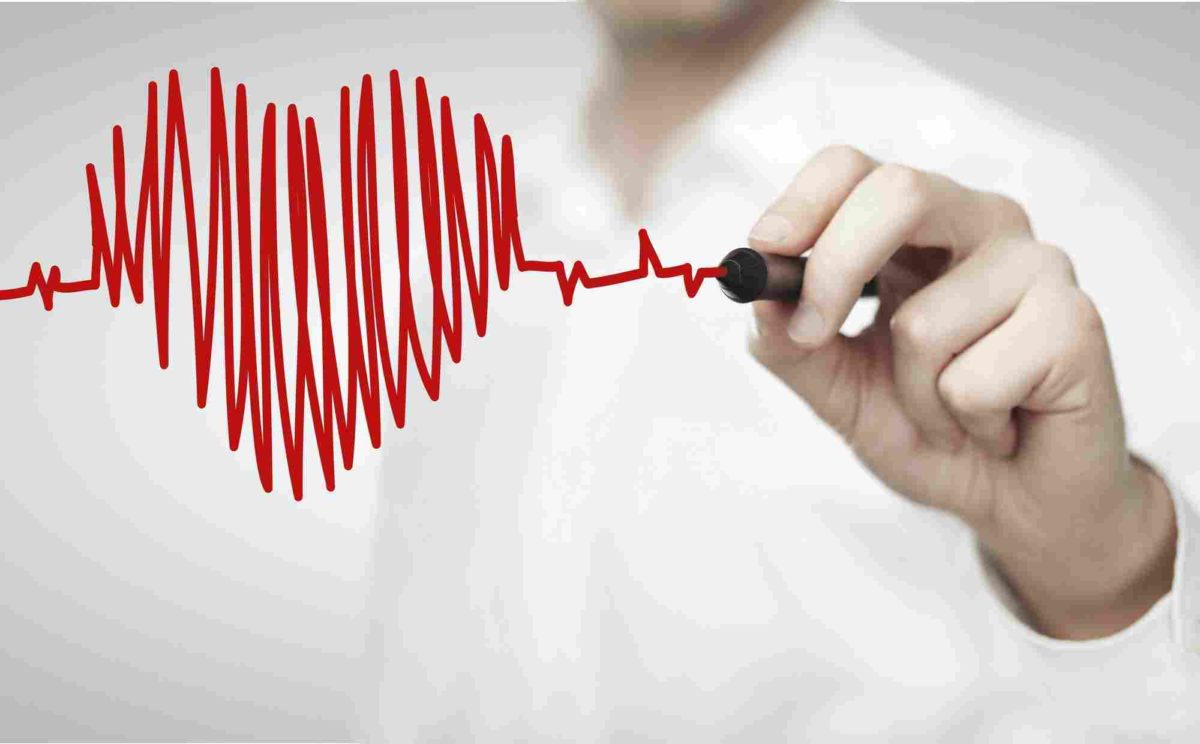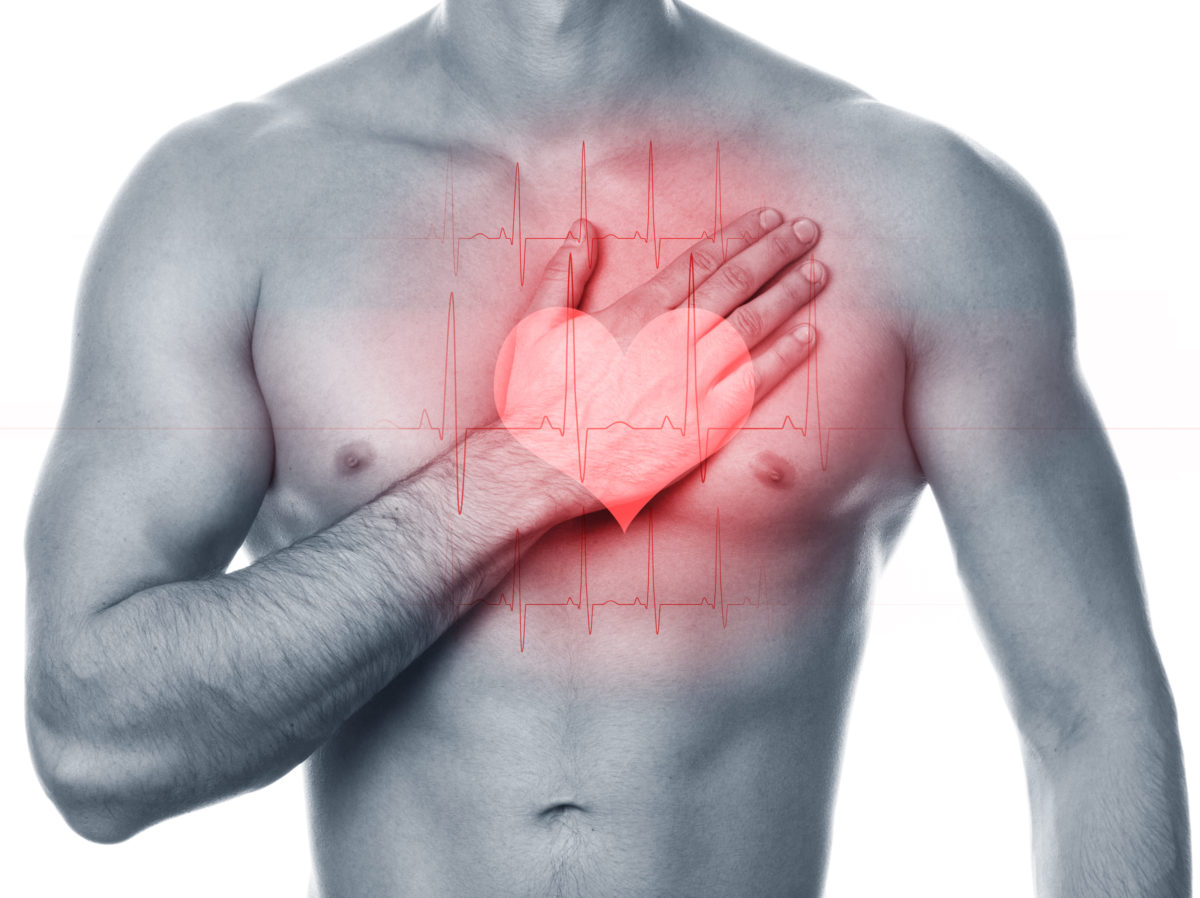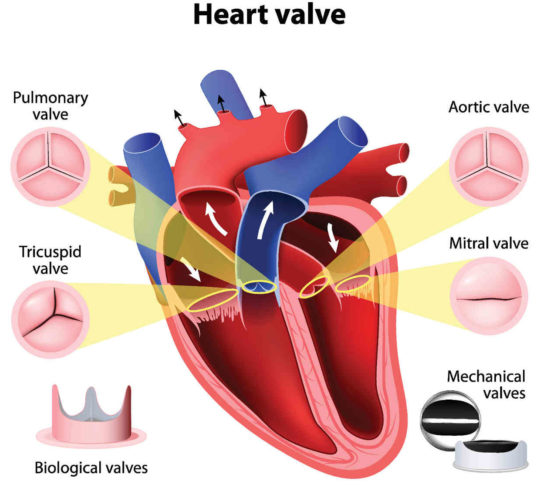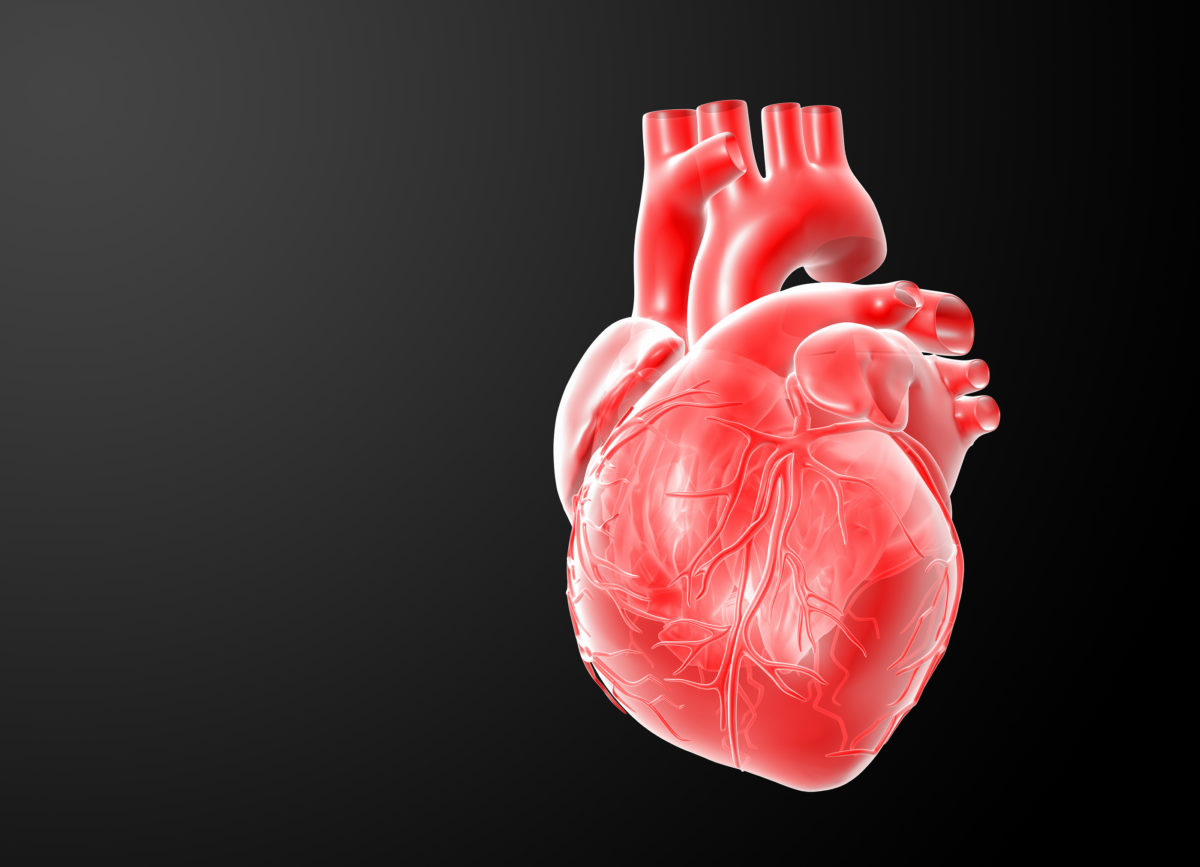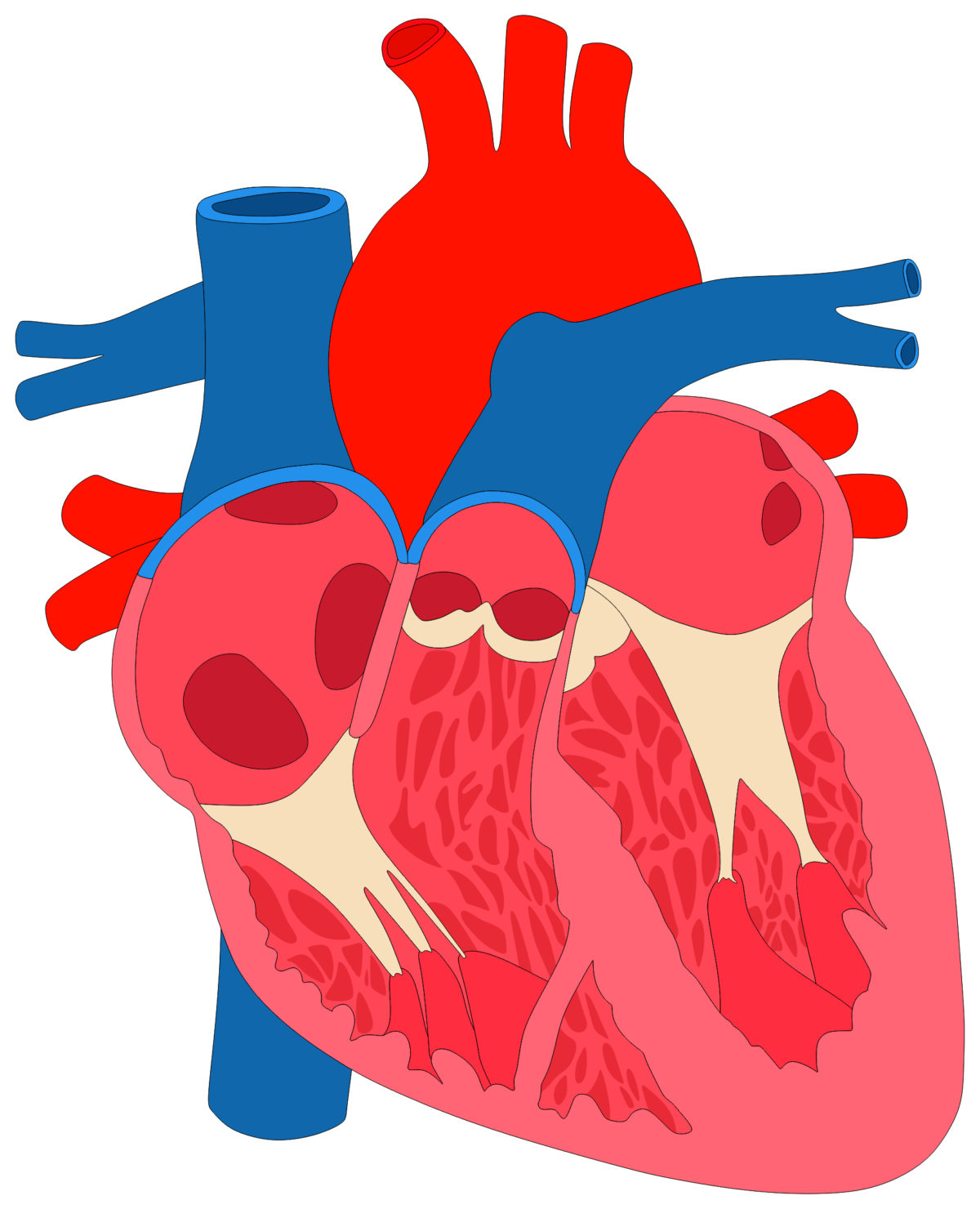Diet and exercise. When it comes to heart health, these two lifestyle habits are known to truly help – or hinder – the health of your heart. We’ve all heard about the benefits of eating healthy and being active, but did you know that sitting in a sauna has health benefits for your heart? It does!
For centuries, saunas have been praised for their health benefits. While in a sauna, a person’s body temperature increases, which means the heart rate increases, as well. The cardiac output is higher. If the heart rate rises, but the vessels of the body relax, resistance is lowered. Blood flow to the skin will increase and decrease to other organs.
In one study, saunas created a significant decrease in blood pressure in patients with high blood pressure. Saunas had the same results as blood pressure medications. Other studies have shown that a sauna is beneficial for congestive heart failure patients. Patients felt improved after using a sauna.
In a study done at the University of Eastern Finland, frequent sauna visits were associated with lower death rates from cardiovascular disease and stroke. Time in the sauna may keep the heart healthy and even extend a person’s life. Other studies have shown that regular time in the sauna may benefit people with risk factors for heart disease such has high cholesterol and diabetes.
Saunas are not recommended for patients with low blood pressure, unstable angina, or those who just recently a heart attack.
Schedule an Appointment with a Tampa Heart Valve Surgeon
If you have a history of heart disease in your family or currently suffer from heart disease, talk to a heart valve surgeon; you may be a candidate for heart valve surgery. Dr. Peter Mikhail is a heart valve surgeon who specializes in mitral valve surgery and TAVR. To book a consult, click our heart valve surgery page or call 727-312-4844. He is based in New Port Richey, Florida, and treats patients in the Tampa and Clearwater area.


